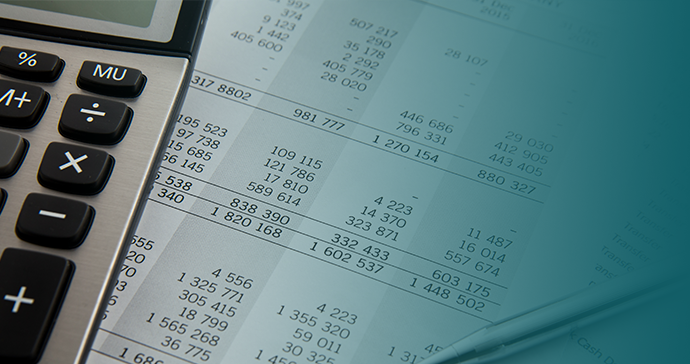
Amidst the uncertain economic conditions created by the coronavirus pandemic, many businesses are wisely re-evaluating their balance sheets and thinking differently about managing their finances.
Tightening belts and cutting expenses aren’t the only options for improving cash flow. Restructuring debt with a 7(a) loan from the Small Business Administration (SBA) can be a strategic financial move that many businesses haven’t considered.
In recent months, the SBA’s small business finance programs have made news as an integral part of the federal government’s coronavirus stimulus efforts. In light of the extraordinary times, businesses that have never considered an SBA loan are taking a closer look at the benefits. The 7(a) loan program is the SBA’s flagship offering, successfully extending credit to small businesses since 1953.
There are several key benefits you might achieve with a 7(a) refinance:
- Six months of payment relief. For new 7(a) loans disbursed prior to Sept. 27, 2020, the SBA is offering six months of payment relief. This means the SBA will make six months of payments, interest, and associated fees, beginning with your first loan payment. This is not a payment deferral, and you won’t be required to apply for loan forgiveness. You are automatically eligible when your loan is approved by the SBA.
- Debt consolidation. It’s common for businesses to find themselves with multiple loans and lines of credit – all with different rates and terms -- especially if your business must routinely invest in equipment, devices, machinery, or technology. Many find it advantageous to consolidate various debts into one loan – and often at a more competitive interest rate. This streamlines your finances and helps reduce the chances of missing a payment.
- Longer terms and lower monthly payments. A key benefit of 7(a) loans is the option to extend the terms beyond what conventional business loans offer. This can mean up to 10 years for equipment loans, and 25 years for real estate loans.
- When refinancing, many businesses choose to take advantage of the maximum term to lower monthly payments. This can significantly improve cash flow, and keep debt repayment manageable while the economy is uncertain. In the future, a business can choose to pay off or refinance “out of” an SBA loan, if desired. There are no prepayment penalties for loans under 15 years.
- Avoid overusing lines of credit. It can be tempting to continue turning to lines of credit when there are cash flow shortages. But eventually, you’ll reach your credit limit and have a large balance that needs repaid quickly. SBA loans offer greater flexibility in the use of proceeds, meaning it can be used to cover expenses that aren’t fully secured with collateral, like rent, supplies, raw materials, equipment, technology, and inventory, among others.
If you think refinancing is in your best interest because of a slowdown in revenue, take action early! Once your credit history shows you’ve been more than 30 days late on a payment, your business is not eligible to refinance with the SBA for 36 months.
To learn more about what an SBA loan can do for your business, contact one of our experienced local lenders.
Lincoln Savings Bank. Member FDIC.

